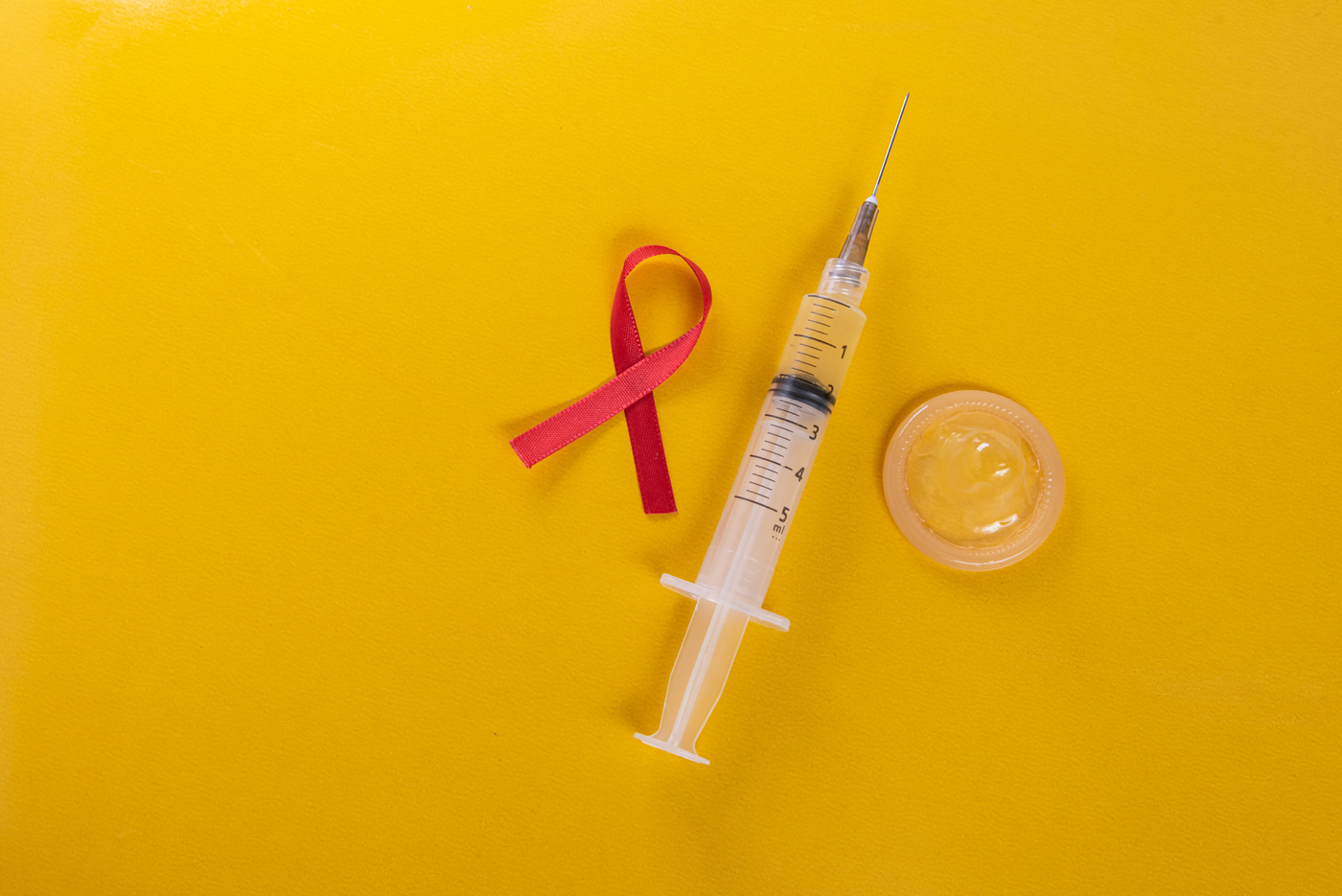HPV Vaccination against Cervical Cancer: A Guide

The human papillomavirus (HPV) is one of the most common sexually transmitted infections. It can cause genital warts, certain types of cancer, and other health issues. College-age women are particularly at risk for HPV because it’s so contagious, and it can be difficult to detect in its early stages. Fortunately, a safe and effective vaccine is available that can protect against the virus. In this blog post, we’ll explain why getting vaccinated against HPV is important and what you need to know before making an appointment with your healthcare provider.
What is HPV ?
HPV is a virus that affects the skin in both men and women. There are over 100 different types of HPV, but only a few of them are considered high-risk strains that can lead to cancer or other health problems. Most people who contract HPV will never experience any symptoms or develop any serious health conditions as a result. However, some people may experience genital warts or even cervical cancer if they become infected with certain high-risk strains of the virus.
Why Should I Get Vaccinated Against HPV ?
The best way to protect yourself from getting infected with HPV is by getting vaccinated against it. The vaccine is safe and effective at preventing most types of HPV that can cause serious health problems like genital warts or cervical cancer. The Centers for Disease Control (CDC) recommends all girls ages 11-12 get two doses of the vaccine in order to ensure maximum protection against the virus. The CDC also recommends adults up to age 45 receive the vaccine if they haven’t already been vaccinated as children.
How Do I Get Vaccinated Against HPV ?
If you’re interested in getting the vaccinated against cervical cancer, your first step should be to talk to a healthcare provider like Her Care Diagnostics about your options. Your doctor will help you determine which type of vaccine would be best for you based on your age, medical history, and other factors. Once you decide on which type of vaccine would be best for you, your doctor will help guide you through the process of getting vaccinated so that you can enjoy peace of mind knowing that you’re protected from cervical cancer.
Conclusion:
Getting vaccinated against HPV is an important step that all college-aged women should take in order to protect themselves from this potentially dangerous virus. Not only does it prevent infection with high-risk strains of the virus that could lead to cervical cancer or other health problems down the line, but it also helps reduce transmission rates among college students who may not realize they have been exposed until it’s too late. Talk to your healthcare provider today about getting vaccinated against HPV so that you can stay healthy and protected throughout college and beyond!
